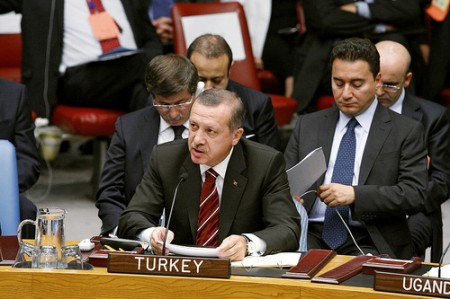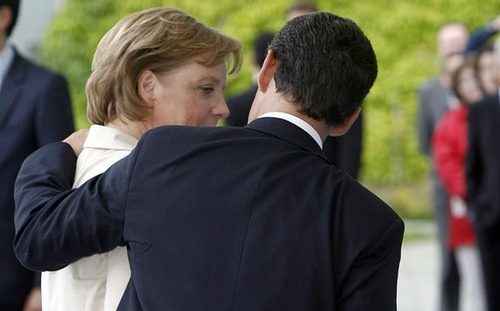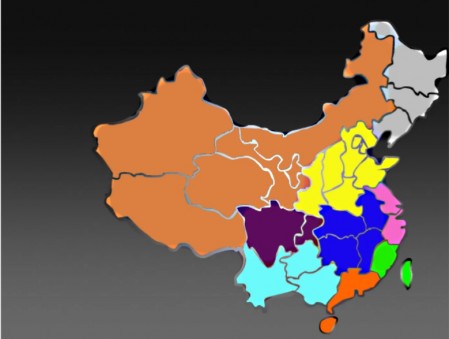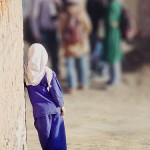
Political relations between Turkey and its neighbors have significantly changed. We can distinguish six major shifts in Turkish foreign policy within the last three months that could be considered historic:

Political relations between Turkey and its neighbors have significantly changed. We can distinguish six major shifts in Turkish foreign policy within the last three months that could be considered historic:

Is British defense policy experiencing an East-of-Suez flashback?
In a new policy brief, CSS researcher Aleksandra Dier looks at whether Britain might have to scale back its global ambitions.
The current situation has been compared to 1968 when, largely as a result of lacking resources, Britain had to adopt a more modest international role.
According to her, the future of the country’s defense role depends on its relation to Europe:
“Strengthening its European commitment could help Britain to align its global ambitions with the resources it needs to project a credible international role.
Pursuing European ways to achieve global ends however remains a domestically disputed strategic option.
You can download the paper here.
Want to know more about British defense policy? Check out our publication holdings on the topic.

Nicolas Sarkozy, two years into his office as president, continues to chart a bold, if unfocused course in French foreign affairs. Although rhetoric has so far been stronger than action, Sarkozy has forged warmer ties with the US, assumed an active role in regional crisis management and pushed for further European integration. And with the Lisbon Treaty ratified Sarkozy seems to have gotten what he wanted on this crucial front.

The Atlantic and Patrick Chovanec have published an excellent region-by-region analysis of China with an interesting historical/socio-political angle.
Too often, Chovanec reminds us, China is seen, analyzed and treated as a monolithic entity, while the truth is much more interesting: “China is a mosaic of several distinct regions, each with its own resources, dynamics, and historical character.”
He divides China into Nine Nations and analyzes the historical character, make-up and challenges of each ‘nation’ in turn. They’ve added a snazzy map to the analysis too. I highly recommend reading the whole text though, it gives invaluable insight into the unique challenge China faces as a historically, ethnically and socially complex country with a massive population and a vast geography.
It’s a learning opportunity and one that proves that with China in particular, myths- both accidental and self-generated- have to be questioned in order to “understand the Nine Nations and the role each of them is playing in shaping China’s future.”
Amen to that.
And if you’re still hungry for more, remember to check out our Special Report on US-China relations.

As the world anticipates Obama’s long-awaited strategy review for Afghanistan, the debate around the war intensifies with politicians, experts and laymen weighing in on the desired course of Afghan policy.
A war that has lasted eight years, and that costs the US $3.6 billion a month, has become a source of intense historical and strategic debates about the nature of conflict in South Asia, the region’s geopolitical significance, and the role of US power in the modern era. With America’s Vietnam legacy in mind the pressure to deliver something positive is immense.
But in these debates about strategy- how to quell the Taliban insurgency; how to address the region as a whole, particularly with Pakistan’s shortcomings in mind, and how to strengthen the Afghan government without giving Karzai carte blanche, etc – the humanitarian focus is exactly what seems to be missing.